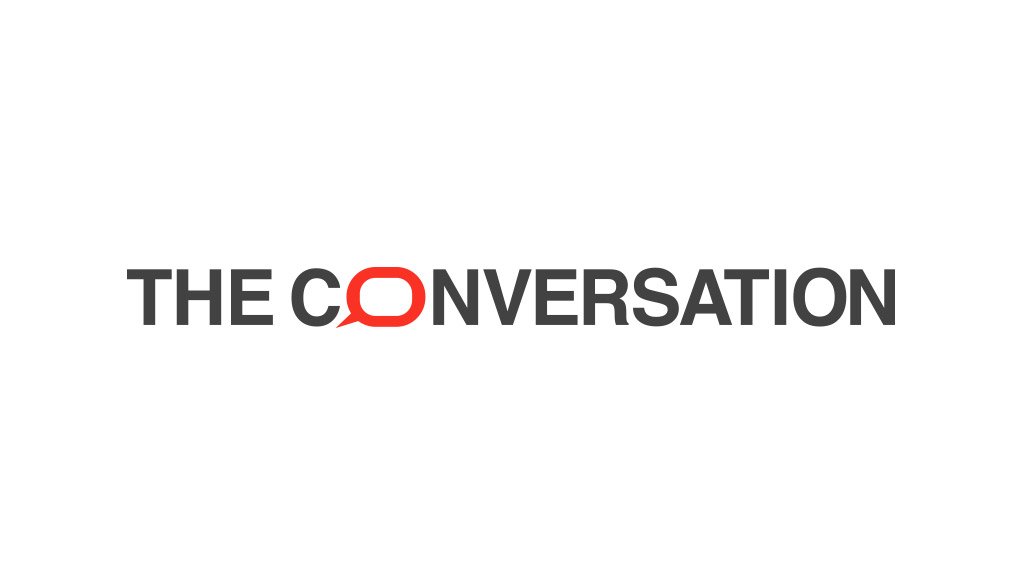![]() As the COVID-19 pandemic took hold in South Africa two weeks ago, the first glimpse emerged of the lengths to which people would go to avoid isolation. The country also saw what mechanisms law enforcement had at their disposal to impose such measures.
As the COVID-19 pandemic took hold in South Africa two weeks ago, the first glimpse emerged of the lengths to which people would go to avoid isolation. The country also saw what mechanisms law enforcement had at their disposal to impose such measures.
The case that received the greatest coverage involved a mother and daughter who had tested positive for COVID-19 fleeing a health facility with a third family member. The Department of Health applied for an urgent court order to track the family down and compel them into isolation. This was granted. The family was subsequently located and isolated.
Very soon afterwards the government sought to clarify the legal position around the event. It gazetted a new regulation for COVID-19 that makes it a criminal offence to refuse testing, treatment or isolation. If an individual does refuse isolation, they may be held involuntarily for 48 hours.
During this time an urgent warrant must be obtained to extend the isolation period. Any person who contravenes these regulations is subject to fines or imprisonment.
This case is polarising and peppered with prickly ethical issues. Many may be scandalised by the arrogant and irresponsible actions of the family. The opposing contention is that the family was hindered in exercising its autonomy.
In any national health disaster calling individuals to voluntarily restrict their movements and interactions, the tenuous no man’s land between public interest and personal autonomy is bound to become a messy quagmire. On one hand, there is the evasive action of those who feel their autonomy is being restricted. On the other hand are people seeking a larger public good. In this case it’s the quest to “flatten the curve” of the pandemic by reducing infection rates.
Public versus personal interests
Autonomy is a person’s right to self-determination. So, it’s my right to do what I want to, when I want to and in the manner I want to – provided the continued exercise of my autonomy does not infringe on the autonomy of another. Both ethically and legally, this is where autonomy meets its limit.
Through evading isolation, the family may have jeopardised the autonomy of many who are at risk of COVID-19 and are taking measures to avoid it, like social distancing. That’s surely enough to make people feel angry.
There is a great deal of historical precedent in ethics literature for curbing personal autonomy in the interests of the wider public. Some examples are so obvious we take them for granted because they are inherently “wrong”. They include murder, theft and kidnapping.
Other examples are more subtle and include the right to freedom of speech, which is limited at the point where it offends the privacy or dignity of someone else.
Modern health policy leans demonstrably towards public health interests over those of individuals. Hence, we have notifiable diseases like tuberculosis where disclosure is mandatory.
In the case of HIV the Health Professions Council’s guidelines allow healthcare workers to disclose the status of an HIV-infected individual to their sexual partner after sufficient counselling – even if the individual disagrees. Disclosure here is justified because it’s seen to be in the interests of the wider public.
The bent towards public health priorities is also clear in primary care practices like vaccination and fluoridating water.
Lockdowns
In the case of COVID-19 it could argued that the demand on healthcare systems could be greater in developing countries than northern hemisphere countries. This suggests that the decision to impose lockdowns is all the more imperative.
The global south has weak health systems. It also has huge groups of individuals with diseases like HIV and TB. And millions of people live in very close proximity, in informal housing that facilitates the rapid spread of disease.
Because of this (and because in a novel pandemic like COVID-19 where there is very little data – and hence evidence – on which to base health recommendations) the decision to impose a lockdown makes sense. Under these circumstances, it is always advisable to proceed with utmost caution and in the interests of public health.
But a lockdown pits personal choice against collective good. Given the circumstances it appears reasonable to expect people to agree to limiting their freedoms.
Enforcing lockdown and adapting to it
Can authorities trust citizens to take measures like social distancing of their own accord?
The answer seems to be no and, in these cases, it has been necessary to cleave a legal framework compelling people to act in a morally responsible manner.
To ensure that principles like justice and equality across South African society don’t succumb to COVID-19, it will be necessary to clamp down on those who flaunt the law while the rest of the country abides by it.
But such enforcement must be elastic enough to respond to the South African context, and demonstrably address the practical and social challenges that many face.
Written by Harriet Etheredge, Bioethicist and Health Communication Specialist, University of the Witwatersrand
This article is republished from The Conversation under a Creative Commons license. Read the original article.
EMAIL THIS ARTICLE SAVE THIS ARTICLE ARTICLE ENQUIRY
To subscribe email subscriptions@creamermedia.co.za or click here
To advertise email advertising@creamermedia.co.za or click here











